[Jacob] himself went on ahead and bowed low to the ground seven times until he was near his brother. Esau ran to greet him. He embraced him and, falling on his neck, he kissed him; and they wept.
Genesis 33:3-4 (TANAKH)
 Forgiveness is easier said than done. It’s one of those things that most of us know to do but few of us are willing to do it when something serious happens in our life.
Forgiveness is easier said than done. It’s one of those things that most of us know to do but few of us are willing to do it when something serious happens in our life.
At times those closest to us can hurt us the most. They know us, know our weaknesses and the right buttons to push. It can be easy to hurt someone you love and hard to extend forgiveness, after all they should know better.
Asking forgiveness from someone is at times as difficult as forgiving. Can we just move on? Why should it be brought up again? Won’t that make it worst? We can make so many excuses for the extremely difficult work of forgiving and asking for forgiveness.
Esau had some good reasons not to forgive and to seek revenge. Time and time again his brother Jacob had tricked him, taken advantage of him, and used him to achieve his purpose. From birth Jacob had been trying to take Esau’s place in the family and the promise.
Jacob had reasons to be scared of his brother. His attempt at buying mercy is understandable. Jacob had learned what it meant to be taken advantage of and fooled. Life had transformed Jacob, he was sorry for what he had done.
In his book, Embodying Forgiveness, L. Gregory Jones tells us that
in the face of human sin and evil, God’s love moves towards reconciliation by means of costly forgiveness. In response, human beings are called to become holy by embodying that forgiveness through specific habits and practices that seek to remember the past truthfully, to repair the brokenness, to heal divisions, and to reconcile and renew relationships.
(from the Introduction, iix)
Forgiveness is needed in the world today. Time and time again we hurt each other and participate in the perpetuation of patterns of injustice. This brokenness keeps human beings in constant enmity with each other, with the created order, and with God.
Forgiveness is costly but not forgiving is costlier. Today I wonder who needs my forgiveness and who needs me to ask for forgiveness? How can I be an agent of peace making and reconciliation in the world? How can I be a hearer of a truthful past? How can I lead the community of faith to be a community of forgiveness?
